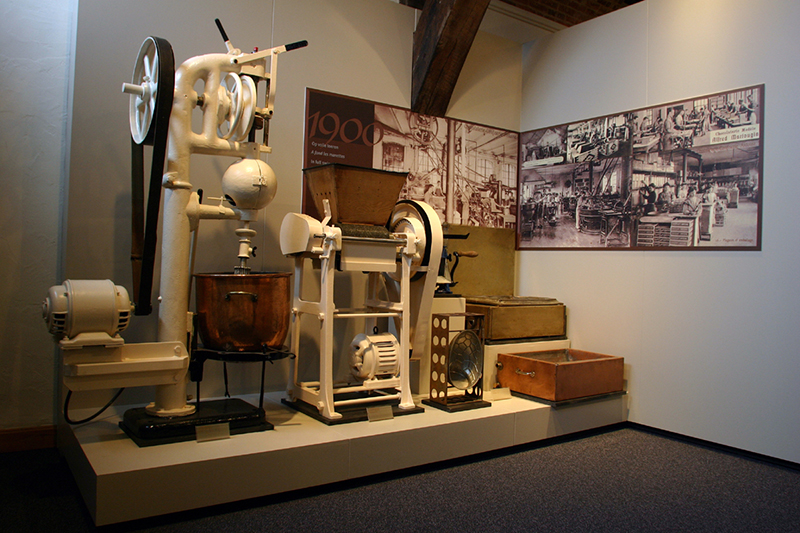Chocolate was first produced in Mesoamerica as far back as pre Columbian Indian tribes. It was then primarily consumed as a beverage. In pre-Columbian America, chocolate was mixed with just about everything to give it added flavor. Cacao, from which chocolate is created, is said to have originated in the Amazon at least 4,000 years ago. The Mayans were likely the first people to actually domesticate the chocolate bearing cacao tree and harvest it for the seeds.
However, early Americans did not incorporate sugar or milk into their chocolate, which left it much bitterer than what we would think of as chocolate today. As the Aztec empire spread across the continent, they would trade with the Mayans for the cacao seeds. In fact, the Aztecs often demanded a tribute of these beans to be paid to them by conquered foes. Chocolate was not to be had by the peasants however and was reserved for important people, royalty and the religious caste.
All chocolate products start with the cacao tree. Its scientific name is Theobroma cacao L. from the Greek Theobroma, meaning food of the Gods. The Aztecs were so enthralled with the bean that they attributed its creation to their God who, as the legend goes descended from heaven on a beam of a morning star carrying a cacao tree stolen from paradise.
This tradition held for some time even after reaching Europe. The exception to this rule was the pueblo people of the southwestern Americas, who freely shared their chocolate drinks among all their people. It may well have been Columbus who shared the first chocolate with the king and queen of Spain, who brought the history of chocolate into a new age. After the Aztecs were conquered, chocolate became a favorite among the well to do Europeans.



In Europe, the addition of sugar for sweetness and milk for fatness, made the first chocolate that we would recognize today. It also marked the use of chocolate as a treat or snack, rather than as part of a normal meal, which was previously its custom. By 1657, the first chocolate house had opened in London. The history of chocolate changed, as did so many other things, in the industrial revolution. By the 18th century, there were already mechanical milling tools that could create cacao butter. This was used to create the more durable, harder chocolates that are so commonplace today. As these machines advanced, so did the amount of chocolate that could be put into the hands of consumers. By 1819, the first Swiss chocolate factory opened. Less than a decade later came a process for making powdered cacao for adding to drinks or other recipes. Chocolate makers found that by removing the alkali from the chocolate they also removed much of its bitter flavor. This discovery opened the floodgates of chocolate production. By 1875 milk chocolate was invented by a Swiss candle maker. Only a few years later came the critical breakthrough, the ability to ensure the even distribution liquids when making chocolates. This allowed a man named Milton Hershey to mass produce chocolate bars.
